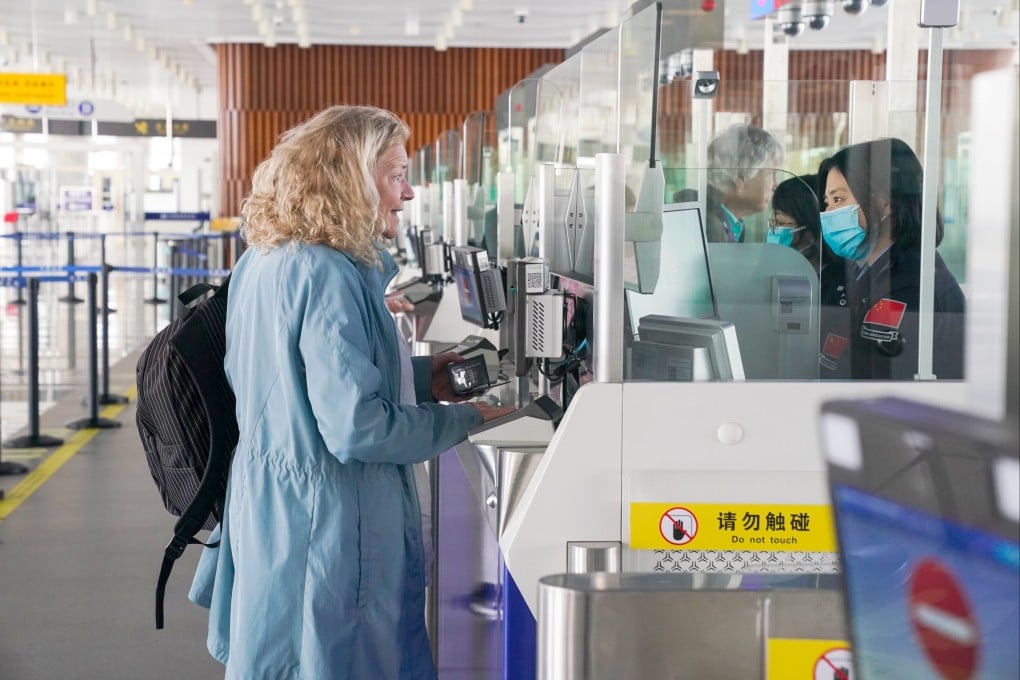Advertisement
Opinion | Not a good look: China should turn away from too much facial recognition
- The rollback of face scanning in hotels across the country is a good start
- Citizens’ concerns about privacy in sectors including finance and transport must also be addressed
Reading Time:3 minutes
Why you can trust SCMP
2

Facial recognition is such a big part of mass surveillance in China that some see it as evidence of a surveillance state. Yet there have been signs of pushback against overuse of the technology.
Advertisement
In April, amid industry concern about attracting foreign tourists, the Shanghai authorities issued a ban on mandatory face scanning at hotel check-in. Across China, many hotels have also stopped requiring guests who present valid identification documents to have their faces scanned.
In March, Dai Bin, president of the China Tourism Academy and member of the Chinese People’s Political Consultative Conference, proposed that public security departments nationwide stop requiring tourists to submit to face scanning in hotels. He pointed out that there are no specific regulations or laws that mandate the practice, which had hurt tourism. Instead, he advocated prioritising visitors’ privacy.
The rollback of facial recognition is certainly a positive development. Overuse of the technology is not good for citizens, foreign tourists and indeed, the country itself.
Even before Dai’s proposal, the Cyberspace Administration of China had issued draft rules last August addressing public concerns over excessive use of facial recognition. The rules stress that facial recognition technology can only be used “where there is a specific purpose and clear necessity”.
Advertisement
Public opinion is divided on the widespread use of facial-recognition cameras: some are worried, others are unfazed. There are those who like to say, if you haven’t done anything wrong, you have nothing to fear.

Advertisement
